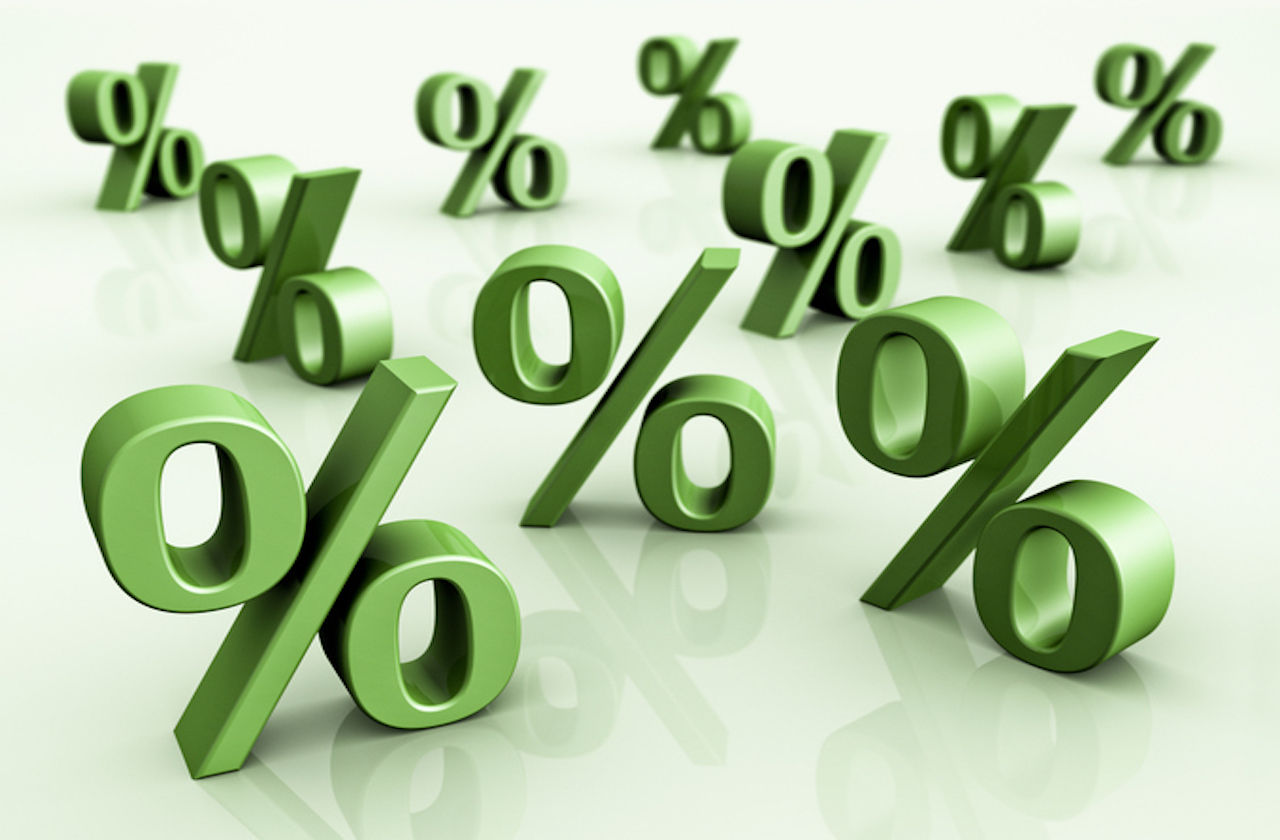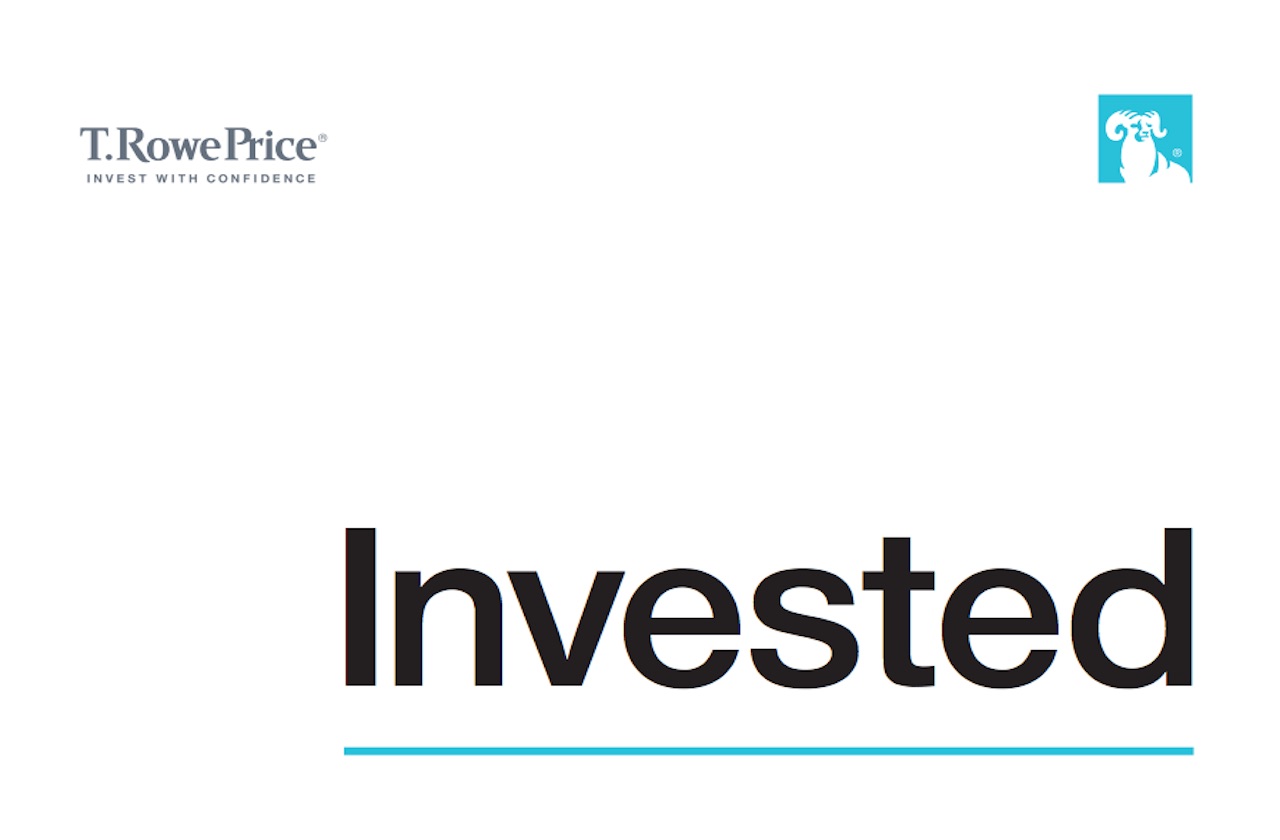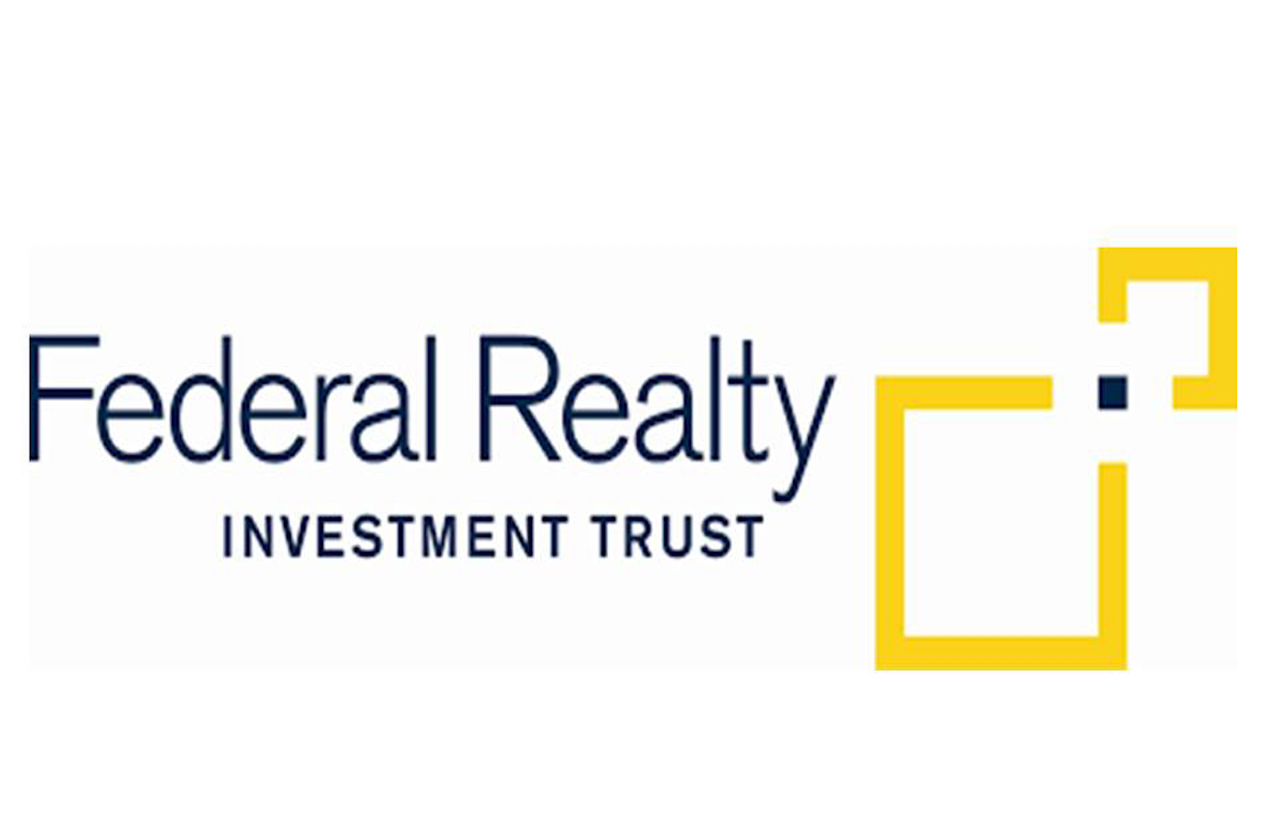5 Surprising Dividend Aristocrats Yielding 3% or More
Generous dividend stocks that reliably raise their payouts year after year can be an important piece of an income portfolio.


Profit and prosper with the best of Kiplinger's advice on investing, taxes, retirement, personal finance and much more. Delivered daily. Enter your email in the box and click Sign Me Up.
You are now subscribed
Your newsletter sign-up was successful
Want to add more newsletters?

Delivered daily
Kiplinger Today
Profit and prosper with the best of Kiplinger's advice on investing, taxes, retirement, personal finance and much more delivered daily. Smart money moves start here.

Sent five days a week
Kiplinger A Step Ahead
Get practical help to make better financial decisions in your everyday life, from spending to savings on top deals.

Delivered daily
Kiplinger Closing Bell
Get today's biggest financial and investing headlines delivered to your inbox every day the U.S. stock market is open.

Sent twice a week
Kiplinger Adviser Intel
Financial pros across the country share best practices and fresh tactics to preserve and grow your wealth.

Delivered weekly
Kiplinger Tax Tips
Trim your federal and state tax bills with practical tax-planning and tax-cutting strategies.

Sent twice a week
Kiplinger Retirement Tips
Your twice-a-week guide to planning and enjoying a financially secure and richly rewarding retirement

Sent bimonthly.
Kiplinger Adviser Angle
Insights for advisers, wealth managers and other financial professionals.

Sent twice a week
Kiplinger Investing Weekly
Your twice-a-week roundup of promising stocks, funds, companies and industries you should consider, ones you should avoid, and why.

Sent weekly for six weeks
Kiplinger Invest for Retirement
Your step-by-step six-part series on how to invest for retirement, from devising a successful strategy to exactly which investments to choose.
Generous dividend stocks that reliably raise their payouts year after year can be an important piece of an income portfolio. A smart way to identify attractive dividend stocks is to focus on the Dividend Aristocrats, 50 companies in Standard & Poor’s 500-index that have raised dividends for at least 25 years in a row.
Big Dividend Aristocrats with yields of more than 3% are well known to income investors and feature prominently in many retirement portfolios. (Think AT&T (T), Exxon Mobil (XOM), Procter & Gamble (PG), Coca-Cola (KO) and the like.) But there are many smaller Dividend Aristocrats with above-average yields that can go unnoticed. Take a look at five surprising dividend stocks with 3%-plus yields whose dividends have increased annually for 25 years or more.
(Dividend yields and other figures are as of June 30, 2017. Companies are listed in order of market capitalization—share price times total shares outstanding—starting with the highest. The following five stocks were selected from among the 25 smallest Dividend Aristocrats by market cap. The full list of all 50 Dividend Aristocrats is maintained by S&P Dow Jones Indices. Dividend history based on company information and S&P data. Analysts’ ratings provided by Zacks Investment Research.)

Consolidated Edison
- Symbol: ED
- Share price: $80.82
- 52-week range: $68.76 - $85.13
- Dividend yield: 3.4%
- Market cap: $25 billion
- Analysts’ opinion: 0 strong buy, 0 buy, 6 hold, 0 underperform, 3 sell
Utility stocks have long been known as ideal investments for widows and orphans thanks to slow-but-steady growth secured by the near-monopolistic nature of the business. Founded in 1823, Consolidated Edison fits the profile. It provides electric, gas and steam service for the 10 million customers in New York City and Westchester County. ConEd’s dividend has gone up annually for 42 straight years and counting.

Archer-Daniels-Midland
- Symbol: ADM
- Share price: $41.38
- 52-week range: $39.01 - $47.88
- Dividend yield: 3.1%
- Market cap: $24 billion
- Analysts’ opinion: 1 strong buy, 0 buy, 8 hold, 0 underperform, 1 sell
Archer-Daniels-Midland processes ingredients for food and feed, including corn sweeteners, starches and emulsifiers such as lecithin. It also has a commodities trading business. Following a pattern of growing through acquisitions, in January 2017 ADM bought Crosswind Industries, a company that specializes in pet treats, pet food and related ingredients. It didn’t disclose terms. ADM has increased its payout to shareholders every year for 42 years.

V.F. Corp.
- Symbol: VFC
- Share price: $57.60
- 52-week range: $48.05 - $65.28
- Dividend yield: 3.0%
- Market cap: $23 billion
- Analysts’ opinion: 6 strong buy, 0 buy, 11 hold, 1 underperform, 1 sell
Even if you don’t have the stock in your investment portfolio, you probably have the company’s products in your closet. V.F. Corp. is an apparel maker whose well-known brands include Lee, Wrangler, Nautica, Vans and The North Face. Name recognition aside, the ongoing – and, arguably, accelerating – struggles of bricks-and-mortar retailers is taking a toll on business, with first-quarter profits and revenues declining year over year. What isn’t declining is the dividend growth. V.F. has lifted its annual payout to investors every year for 44 years.

T. Rowe Price
- Symbol: TROW
- Share price: $74.21
- 52-week range: $62.97 - $78.95
- Dividend yield: 3.1%
- Market cap: $18 billion
- Analysts’ opinion: 3 strong buy, 0 buy, 5 hold, 0 underperform, 3 sell
T. Rowe Price faces many of the same challenges as other asset managers; namely, losing market share to indexed funds, particularly the type of low-cost U.S. index funds offered by the likes of Vanguard. The company is managing to offset some of the outflows from its actively managed U.S. funds with more inflows into its international offerings. Rising advisory fees, as well as a strong U.S. stock market that has boosted assets under management, are helping, too. T. Rowe Price has hiked its payout every year for 31 years.

Federal Realty Investment Trust
- Symbol: FRT
- Share price: $126.39
- 52-week range: $120.50 - $171.08
- Dividend yield: 3.1%
- Market cap: $9 billion
- Analysts’ opinion: 6 strong buy, 0 buy, 7 hold, 0 underperform, 0 sell
Federal Realty Investment Trust is a real estate investment trust that specializes in leasing space to retailers. Its biggest tenants include Ahold, a supermarket operator, discounter TJX Cos. (TJX) and apparel seller The Gap (GPS). And while bricks-and-mortar retail is a shaky industry at the moment, Federal Realty diversifies its risk by leasing to non-retail tenants such as gyms and movie theaters. Since REITs are required to pay out most of their earnings as dividends in exchange for certain tax benefits, they are a go-to source for income. No REIT has been steadier than Federal Realty, which has lifted its payout annually for 49 years in a row.
Profit and prosper with the best of Kiplinger's advice on investing, taxes, retirement, personal finance and much more. Delivered daily. Enter your email in the box and click Sign Me Up.

Dan Burrows is Kiplinger's senior investing writer, having joined the publication full time in 2016.
A long-time financial journalist, Dan is a veteran of MarketWatch, CBS MoneyWatch, SmartMoney, InvestorPlace, DailyFinance and other tier 1 national publications. He has written for The Wall Street Journal, Bloomberg and Consumer Reports and his stories have appeared in the New York Daily News, the San Jose Mercury News and Investor's Business Daily, among many other outlets. As a senior writer at AOL's DailyFinance, Dan reported market news from the floor of the New York Stock Exchange.
Once upon a time – before his days as a financial reporter and assistant financial editor at legendary fashion trade paper Women's Wear Daily – Dan worked for Spy magazine, scribbled away at Time Inc. and contributed to Maxim magazine back when lad mags were a thing. He's also written for Esquire magazine's Dubious Achievements Awards.
In his current role at Kiplinger, Dan writes about markets and macroeconomics.
Dan holds a bachelor's degree from Oberlin College and a master's degree from Columbia University.
Disclosure: Dan does not trade individual stocks or securities. He is eternally long the U.S equity market, primarily through tax-advantaged accounts.
-
 How Much It Costs to Host a Super Bowl Party in 2026
How Much It Costs to Host a Super Bowl Party in 2026Hosting a Super Bowl party in 2026 could cost you. Here's a breakdown of food, drink and entertainment costs — plus ways to save.
-
 3 Reasons to Use a 5-Year CD As You Approach Retirement
3 Reasons to Use a 5-Year CD As You Approach RetirementA five-year CD can help you reach other milestones as you approach retirement.
-
 Your Adult Kids Are Doing Fine. Is It Time To Spend Some of Their Inheritance?
Your Adult Kids Are Doing Fine. Is It Time To Spend Some of Their Inheritance?If your kids are successful, do they need an inheritance? Ask yourself these four questions before passing down another dollar.
-
 States That Tax Social Security Benefits in 2026
States That Tax Social Security Benefits in 2026Retirement Tax Not all retirees who live in states that tax Social Security benefits have to pay state income taxes. Will your benefits be taxed?
-
 What Fed Rate Cuts Mean For Fixed-Income Investors
What Fed Rate Cuts Mean For Fixed-Income InvestorsThe Fed's rate-cutting campaign has the fixed-income market set for an encore of Q4 2024.
-
 The Most Tax-Friendly States for Investing in 2025 (Hint: There Are Two)
The Most Tax-Friendly States for Investing in 2025 (Hint: There Are Two)State Taxes Living in one of these places could lower your 2025 investment taxes — especially if you invest in real estate.
-
 The Final Countdown for Retirees with Investment Income
The Final Countdown for Retirees with Investment IncomeRetirement Tax Don’t assume Social Security withholding is enough. Some retirement income may require a quarterly estimated tax payment by the September 15 deadline.
-
 What to Do With Your Tax Refund: 6 Ways to Bring Growth
What to Do With Your Tax Refund: 6 Ways to Bring GrowthUse your 2024 tax refund to boost short-term or long-term financial goals by putting it in one of these six places.
-
 What Does Medicare Not Cover? Eight Things You Should Know
What Does Medicare Not Cover? Eight Things You Should KnowMedicare Part A and Part B leave gaps in your healthcare coverage. But Medicare Advantage has problems, too.
-
 12 Great Places to Retire in the Midwest
12 Great Places to Retire in the MidwestPlaces to live Here are our retirement picks in the 12 midwestern states.
-
 15 Cheapest Small Towns to Live In
15 Cheapest Small Towns to Live InThe cheapest small towns might not be for everyone, but their charms can make them the best places to live for plenty of folks.
